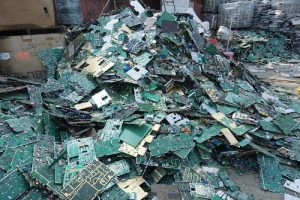 Federal researchers have examined an electricity-based processing method that could open doors to more cost-effective and environmentally friendly methods of metals recovery from electronics.
Federal researchers have examined an electricity-based processing method that could open doors to more cost-effective and environmentally friendly methods of metals recovery from electronics.

 Colin Staub was a reporter and associate editor at Resource Recycling until August 2025.
Colin Staub was a reporter and associate editor at Resource Recycling until August 2025. Federal researchers have examined an electricity-based processing method that could open doors to more cost-effective and environmentally friendly methods of metals recovery from electronics.
Federal researchers have examined an electricity-based processing method that could open doors to more cost-effective and environmentally friendly methods of metals recovery from electronics.
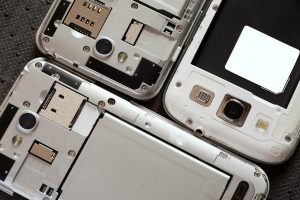 A lithium-ion battery expert says smartphone reuse trends will hamper the ability to use mobile device batteries as a major source of cobalt.
A lithium-ion battery expert says smartphone reuse trends will hamper the ability to use mobile device batteries as a major source of cobalt.
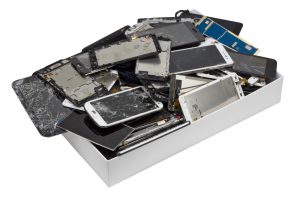
A Samsung lithium-ion battery manufacturing subsidiary is exploring investment in recycling companies to recover cobalt and other materials, as demand climbs for the metals.

Credit: sirtravelalot/Shutterstock
An e-scrap company is accusing a Sprint subsidiary of failing to follow through on a supplier contract. The processor is asking for roughly $1.7 million in damages.

Credit: Eric Dykstra
Changes in the end-of-life stream are prompting the oldest state electronics recycling program in the country to rethink its processor payment system.

Credit: Nerijus Juras/Shutterstock
A North American recycling operation will open an e-plastics-focused facility in response to Chinese import restrictions.
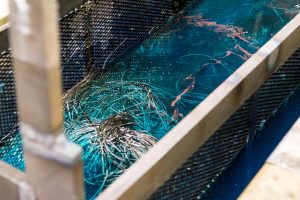
Credit: Pekka Niemi/Kuusakoski
Finnish recycling company Kuusakoski has refined its method for processing a key component of MRI machines and is now producing distinct streams of high-grade metals.
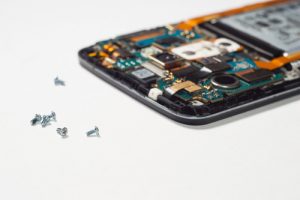
Credit: Jamakosy/Shutterstock
A European electronics research consortium celebrated the first Circular Electronics Day this week, an effort to promote reuse and recycling.
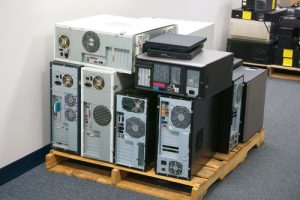
Credit: ND700/Shutterstock
Cascade Asset Management has released its latest annual report based on the company’s ITAD operations, and it presents positive trends over the past year and an optimistic forecast for the future.

Credit: Gorodenkoff/Shutterstock
The recycling industry has not escaped the fallout from a tight trucking market. Recent regulatory movement and a growing driver shortage have contributed to rising freight costs, just months after extreme weather impacted the shipping sector.
